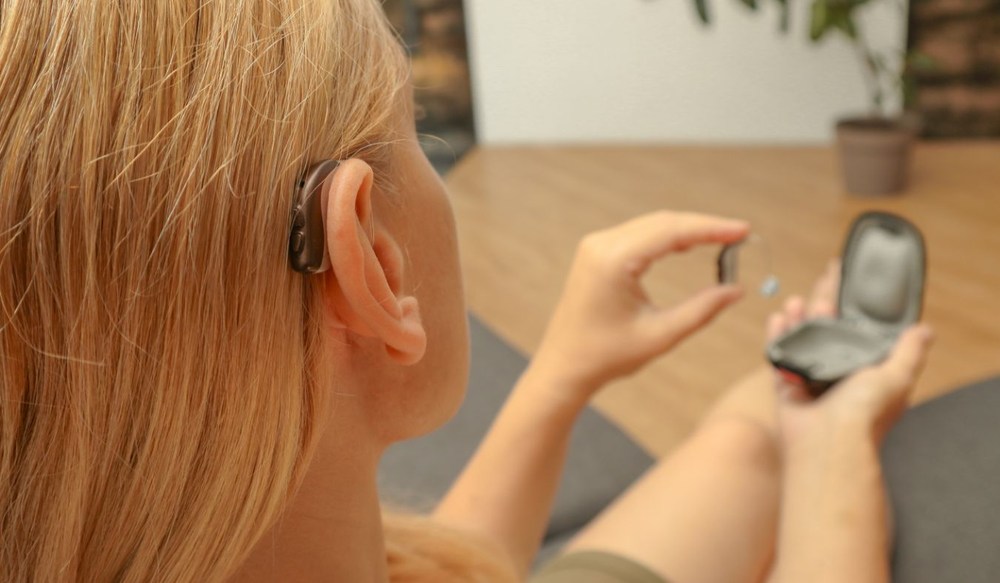Tips for Adjusting to New Hearing Aids
Wearing hearing aids for the first time can feel a bit unfamiliar at
Thank You to everyone who voted for us in the 2024 Best of the Best!


Wearing hearing aids for the first time can feel a bit unfamiliar at

Recent developments in hearing aid technology have focused on improving

With so many hearing aid options available today, choosing the right one